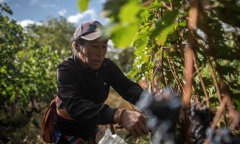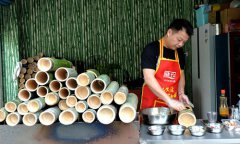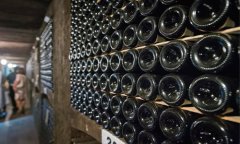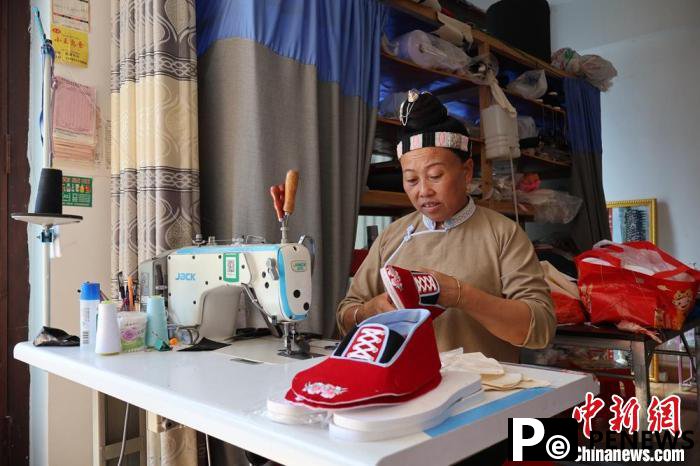
Enlarge this image
Chuck and Diane Southers' apple orchard stretches over about 30 hilly acres in Concord, New Hampshire. A hard freeze in May killed most of their apple crop. Mara Hoplamazian/NHPR hide caption
toggle caption Mara Hoplamazian/NHPR
Chuck and Diane Southers' apple orchard stretches over about 30 hilly acres in Concord, New Hampshire. A hard freeze in May killed most of their apple crop.
Mara Hoplamazian/NHPRCONCORD, N.H. — Chuck and Diane Southers' thermal alarm went off around 10:30 p.m. on a fateful night in mid-May.
The alarm takes the temperature out in their 30-acre orchard and blares loudly if it dips too low. That Thursday night in Concord, New Hampshire, it was about 35 degrees Fahrenheit. The temperature kept getting colder.
The Southers' apple orchard was in full bloom, which is normal for mid-May. This year's was particularly good.
"We called it a popcorn bloom," Diane Souther said. "The tree was just white with flowers."
By Friday morning, all the petals were turning brown. The Southers cut open baby apples, about the size of a pencil eraser. Their sap had frozen, expanded, and, in the process, the cells and seeds were destroyed.
"No seeds, no apples," Chuck Souther said, standing between rows of leafy green trees. The Southers first planted their apple orchard in 1978, right after they bought a neglected piece of land in New Hampshire's capital city. They planted their first trees even before they built their home. This year, branches reach into the air unburdened by fruit.
Apple picking at places like the Southers' farm, called Apple Hill, is one of the quintessential New England fall traditions. But a good harvest depends on things that happened months before. This year, many of New Hampshire's trees have no fruit because of that freezing night in May.
Seasonal changesFruit growers like the Southers are watching human-caused climate change shift the seasonal patterns they've counted on for years to produce fruit. As the atmosphere warms and weather becomes more unpredictable, some farmers are considering big changes, like planting different crops or finding new ways to protect trees from the elements.

Enlarge this image
Chuck and Diane Souther planted their apple orchard in 1978. People come to pick apples every fall at the Southers' farm which is called Apple Hill. Mara Hoplamazian/NHPR hide caption
toggle caption Mara Hoplamazian/NHPR
Chuck and Diane Souther planted their apple orchard in 1978. People come to pick apples every fall at the Southers' farm which is called Apple Hill.
Mara Hoplamazian/NHPRIn New Hampshire, farms at higher elevations fared better than lower elevation farms like the Southers. The director of the state's Farm Services Agency, Jeffery Holmes, said this year was unprecedented. Hundreds of acres of crops froze during two big cold snaps: first peaches in February, and then apples in May.
Chuck Souther said he sees weather conditions changing for his farm and others. He's hesitant to talk about the causes, like climate change, but he said the seasons are less predictable than they used to be.
"You don't have to be a scientist to figure out things are different right now," he said.
Jason Londo, a professor of horticulture at Cornell University, agrees. Things are different.
"We are changing the stability of all of our seasons," he said.
Londo studies how fruit crops are adapting to human-driven climate change. He said not every damaging event – like that May freeze – indicates a changing climate. The temperatures apple trees have adapted to over thousands of years are shifting as people continue to burn fossil fuels which cause global warming.

Enlarge this image











